A Connecticut Yankee’s Introduction to California
A Northeastern native and longtime California resident reflects on his first time experiencing the colorful characters, culture and politics of the Golden State. A Northeastern native and longtime California resident reflects on his first time experiencing the colorful characters, culture and politics of the Golden State.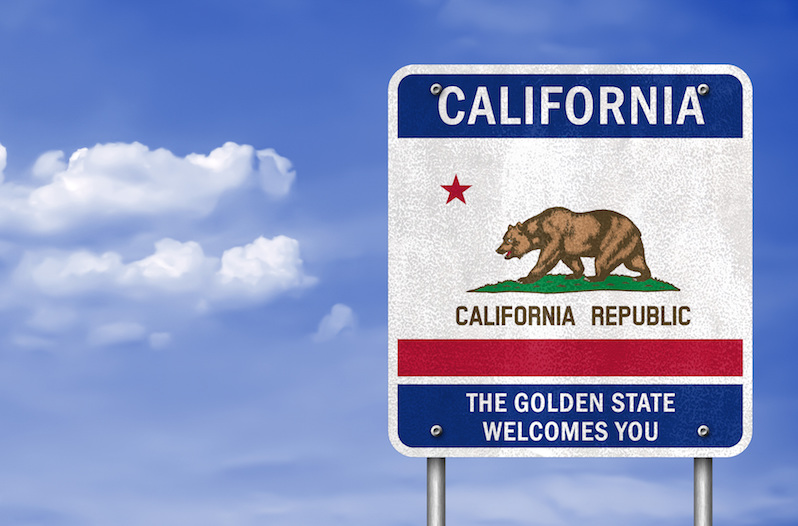 gguy / Shutterstock
1
2
gguy / Shutterstock
1
2

gguy / Shutterstock
With an uncertain future and a new administration casting doubt on press freedoms, the danger is clear: The truth is at risk.
Now is the time to give. Your tax-deductible support allows us to dig deeper, delivering fearless investigative reporting and analysis that exposes what’s really happening — without compromise.
Stand with our courageous journalists. Donate today to protect a free press, uphold democracy and unearth untold stories.
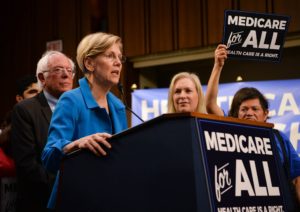
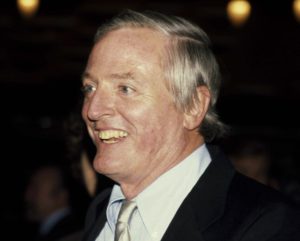
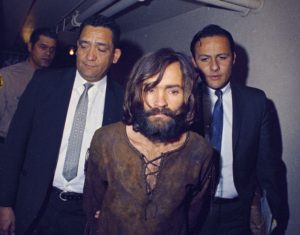

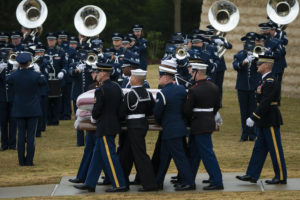
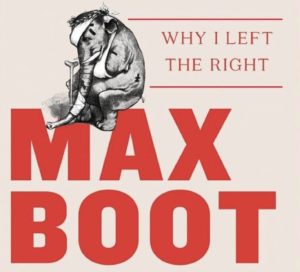
You need to be a supporter to comment.
There are currently no responses to this article.
Be the first to respond.